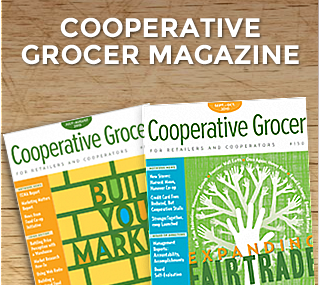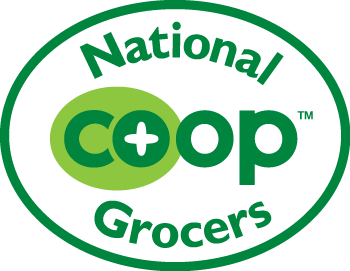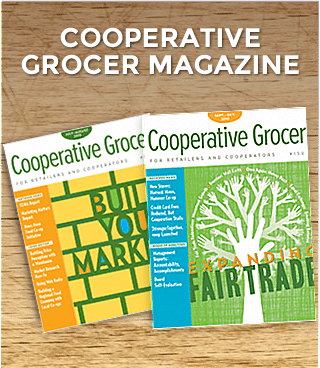How strong is your leadership team?
Empowering your department heads and helping them work together results in happier, more supported employees overall. In any business, the leadership team creates the support network for accomplishing day-to-day tasks. This frees leaders to create and communicate the business vision, interact with the larger community and plan for the future. However, just because a group is labeled as a "team" doesn't mean it will [...]






